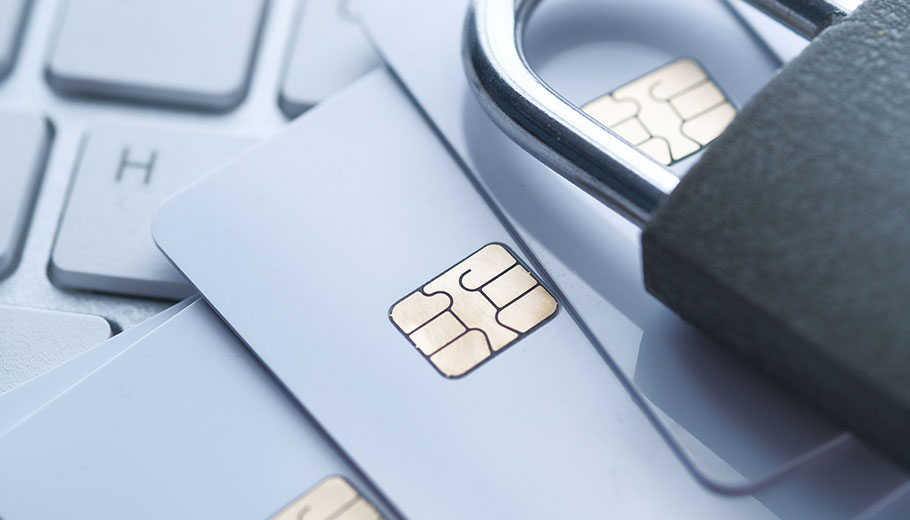not featured
2025-08-19
Security
published
featured
2017-04-24
category
published
3 minutes

Houston Federal Credit Union is alerting all members to be vigilant when receiving new or replacement debit and credit cards due to a rise in chip card tampering incidents.
With the introduction of EMV® chip technology, credit and debit cards have become significantly more secure than their magnetic stripe predecessors. These chips generate a unique one-time code with each transaction at chip-enabled terminals, making it much harder for criminals to clone or reuse stolen data.
However, as with any technology, fraudsters are constantly evolving—and a new scheme known as chip burning is now targeting these more secure cards.
What Is Chip Burning?
Chip burning is a form of fraud in which criminals intercept your mailed debit or credit card and tamper with the chip before it ever reaches you. Here’s how it works:
-
A criminal steals a new or replacement card from the mail.
-
Using a heat source, they remove the valid chip and transplant it onto an old or previously compromised card.
-
They then attach an old or invalid chip to your new card and send it along to you.
-
Once you receive and activate what appears to be your new card, the chip on the fraudulent card (now in the criminal’s possession) becomes active—allowing the fraudster to quickly drain your account.
Chip technology may be more secure, but that does not mean the cards are hack-proof. HFCU cardholders and merchants must always remain vigilant and observant.
What to Look For
Before activating any new or replacement HFCU payment card, take a moment to inspect it for signs of chip tampering. Common indicators include:
-
Burn marks or discoloration around the chip area
-
Bubbling or warping of the plastic on the card surface
-
Small holes or punctures near the chip, possibly from prying tools
If you notice any of these signs, do not activate the card and report it immediately.
Report Suspicious Activity
If you suspect your card has been tampered with, contact us directly for assistance. Additionally, information about chip burning and other payment fraud can be reported to:
- United States Secret Service – Global Investigative Operations Center (GIOC)
- GIOC@usss.dhs.gov
- (202) 406-6009
Protect Yourself and Stay Vigilant
Technology continues to advance, but so do the tactics of those attempting to exploit it. By staying informed and taking a few extra moments to examine your card, you can help prevent fraud before it happens.
If you have questions or concerns, please contact us.
Please stay safe and secure.

